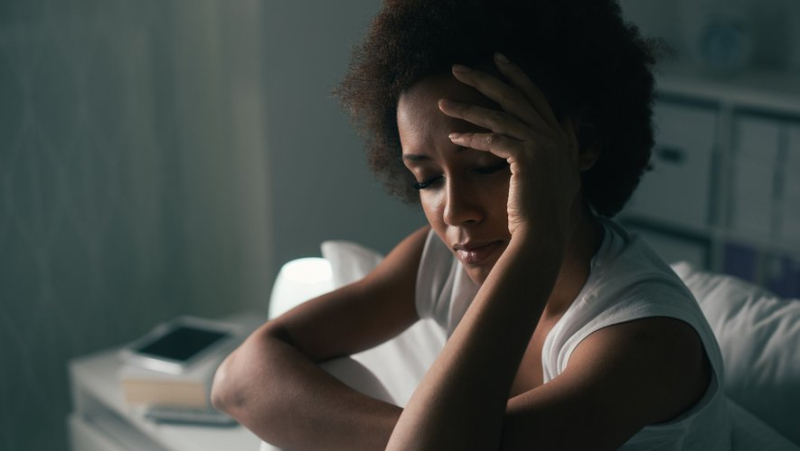Concentration, mood, dynamism… going to bed after this late hour could harm your mental health

Going to bed late is associated with an increased risk of suffering from mental health disorders, a study reveals. demaerre/Getty Images
Are you more of an early sleeper or a night owl team ? The question may seem trivial, but the time at which you go to bed can play an important role in your well-being.
This is the observation established by American researchers, who set a bedtime that should not be exceeded to preserve mental health as much as possible.
Experts and scientists are unanimous: sleep plays a vital role in physical and mental health. Concentration, mood, dynamism, diabetes, and even heart health: enjoying restorative sleep, in quality and quantity, helps to maintain good health. A team of researchers from Stanford University confirms this today through a study which establishes an association between sleeping late and poor mental health. They go even further by recommending a bedtime that should not be exceeded to preserve your well-being.
Should you align yourself with your chronotype, namely your own biological rhythm, to stay healthy ? In other words, if you have energy in the morning, should you constantly go to bed early to get up early, and vice versa for night owls ? This is the question that the researchers tried to answer, who analyzed data from 73,888 adults aged 63.5 on average and from the UK Biobank. Which provided information about their sleep, and particularly about their chemistry with going to bed and getting up early or late. They were also asked to use a wearable activity tracker to track their actual sleep for seven days.
Scientists note that more than 19,000 participants declared themselves from the morning team, more than 6,800 from the evening team, and the vast majority, namely nearly 48,000 participants, from the so-called team "intermediate". They also specify that the data collected on sleep were combined with those from medical files concerning the mental health of the participants. Published in the journal Psychiatry Research, the results suggest that a later bedtime, regardless of one's bedtime preferences, is associated with higher rates of mental and behavioral disorders.
1am, maximum
In a press release, the researchers explain that they were surprised to discover that "aligning with one's chronotype was not the best choice for mental health". And having realized that it was better, at least for the night owls, not to follow the rhythm supposed to suit them best. A finding that scientists claim to have tried to refute, as it seemed surprising to them, but in vain… "People who went to bed late in the morning and evening had higher rates high levels of mental disorders, notably depression and anxiety", they had to resolve to observe.
Their findings nevertheless show a particularly increased risk of mental health disorders among participants who have the habit of going to bed late and then getting up late. The latter were 20% to 40% more likely to be diagnosed with a mental disorder compared to night owls who woke up early – or not too late. To ensure their results, the researchers tried to take into account the duration of sleep or the regularity of sleep schedules, but these two criteria did not make it possible to explain the differences observed between participants.
Aware that it is difficult to go against your chronotype, researchers nevertheless recommend going to bed before 1 a.m. to preserve your mental health . Although they do not explain the mechanism involved in this association, they believe that it could be due to the bad decisions that we are more likely to make late at night. "Many harmful behaviors are more common at night, including suicidal thoughts, violent crime, alcohol and drug use, and overeating"< /em>, we can read. And add: "A theory, known as the 'mind after midnight' , suggests that neurological and physiological changes occurring late at night may promote impulsivity, negative mood, impaired judgment, and risk-taking".




